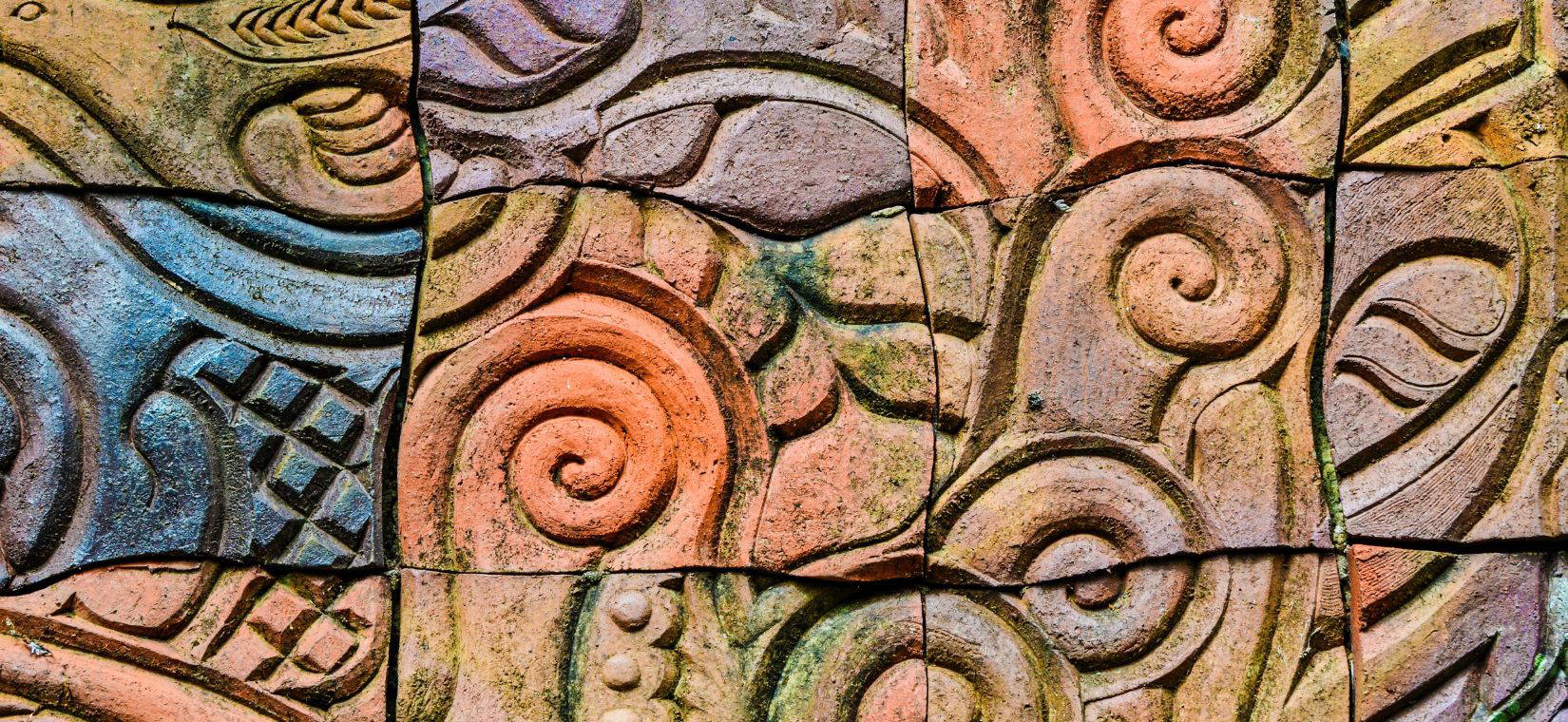Role of tikanga in Peter Ellis’ conviction, death and exoneration
Late last year the Supreme Court quashed Peter Ellis’ multiple 1993 convictions of sexual offending against children who had attended the Christchurch crèche where he was a teacher[1]. His 1994 and 1999 appeals to the Court of Appeal had been unsuccessful. In July 2019, the Supreme Court granted leave to appeal the Court of Appeal decisions giving an extension of time to do so.
However, Mr Ellis died in September 2019 before the Supreme Court heard his case. Usually, an appeal dies with an appellant.
The Supreme Court was therefore asked to deal with a fascinating question: should the appeal continue despite Mr Ellis’ death? Ultimately, the Supreme Court decided that the appeal should go ahead[2]. It was necessary to hold two hearings on separate days to determine that issue. The second hearing concerned, exclusively, the relevance of tikanga Māori to the continuation of the appeal.
The nature of tikanga
Before the Supreme Court deliberated, it was provided with a ‘Statement of Tikanga’ prepared by recognised tikanga experts. The statement began with an explanation of the nature of tikanga. It said that tikanga is the Māori ‘common law’. It described tikanga as a system of law that is used to provide predictability; it is made up of templates and frameworks to guide actions and outcomes. The term ‘tika’ means ‘to be right’. Tikanga Māori therefore means the right way of doing things in Te Ao Māori. It is what Māori consider is just and correct. Tikanga Māori includes all the values, standards, principles or norms that Māori subscribe to, to determine appropriate behaviour.
Tikanga at the heart of New Zealand’s common law
The Supreme Court used the Ellis case to deal with the place of tikanga in the law of Aotearoa New Zealand more generally.
While the Supreme Court was divided on the issue of whether it should allow Mr Ellis’ appeal to proceed after his death, it was unanimous that tikanga has been, and will continue to be, recognised in the development of this country’s common law in cases where it is relevant. Tikanga also forms part of New Zealand law as a result of being incorporated into statutes and regulations. It is incorporated in the policies and processes of public entities and it may be a relevant consideration in the exercise of discretions.
Ascertaining tikanga
A Supreme Court majority held that the colonial tests for incorporation of tikanga in the common law should no longer apply. Rather, the relationship between tikanga and the common law will evolve contextually and, as required, on a case-by-case basis.
The majority judges accepted that tikanga was the first law of Aotearoa New Zealand and it continues to shape and regulate the lives of Māori. Therefore, the courts must not exceed their function when engaging with tikanga. The opinion was expressed that care must be taken not to impair the operation of tikanga as a system of law and custom in its own right. Where tikanga is relevant to a given case, the appropriate method of ascertaining it will depend on the particular circumstances of that case.
Importance of tikanga not confined to Māoridom
The Supreme Court recognised that the Ellis case concerned a Pākehā appellant and, as far as it was aware, none of the complainants were Māori.
It was determined, however, that the principles developed on deciding whether an appeal should proceed after an appellant has died should be capable of meeting the needs of all New Zealanders, including Māori. The court stated that Māori values in relation to the interests of tūpuna or ancestors are different from what are often termed ‘Western values’ that primarily informed the development of the English common law and on which our legal system is primarily based.
Future developments
The Supreme Court’s decision in Ellis will have had an immediate and forceful impact on Mr Ellis’ family, as well as the complainants and their families. However, the examination of the place of tikanga in the law of Aotearoa New Zealand more generally, and the resulting findings, have the potential to place tikanga at the centre of this country’s legal system for all New Zealanders over the course of the next generation.
It can safely be said that when general principles need to be determined from a particular case, tikanga will be considered regardless of whether any of the parties are Māori. Once Māori values touch upon the general issue in question in a way which is distinct from ‘Western values’ it appears tikanga will have to be considered.
Notably the Law Commission, in its Review of Succession Law: Rights to a Person’s Property on Death which predated the Ellis decision, had already recommended numerous changes to New Zealand’s succession law which would mean a much greater recognition of tikanga within it.
1] Peter Ellis v R [2022] NZSC 115.
[2] Peter Ellis v R [2022] NZSC 114.


